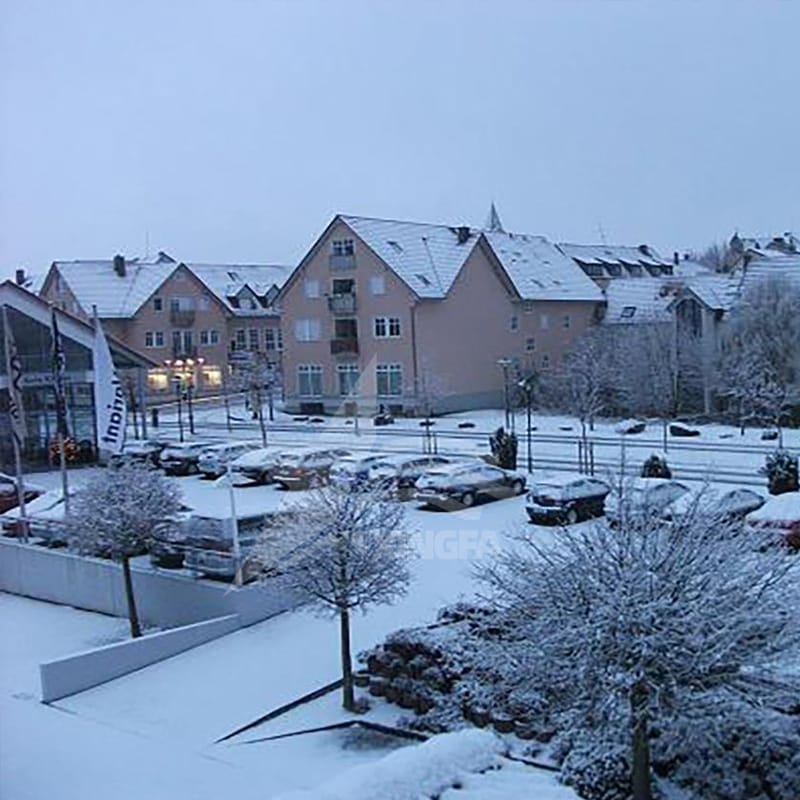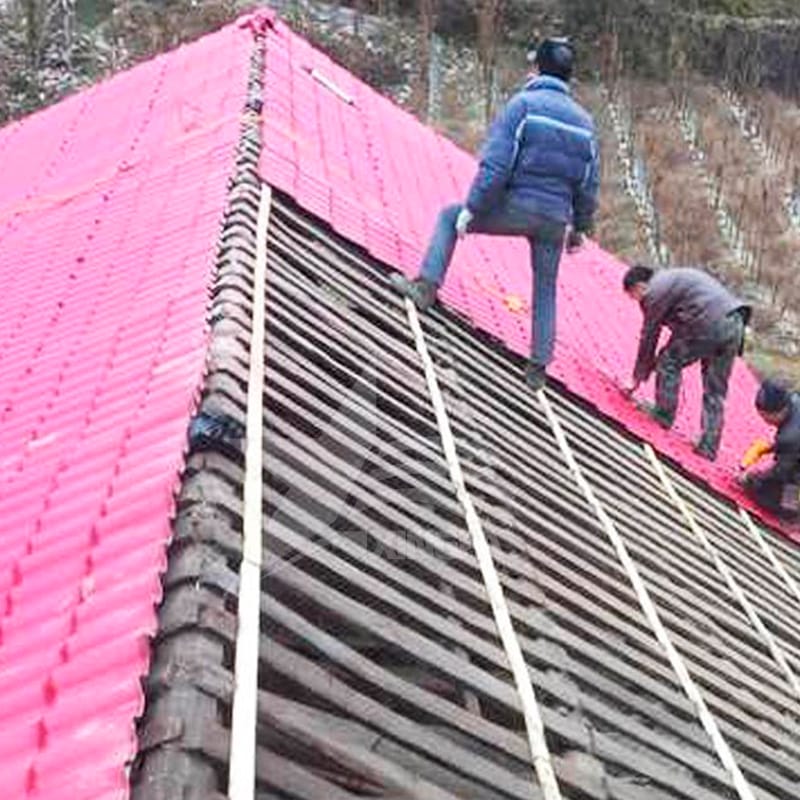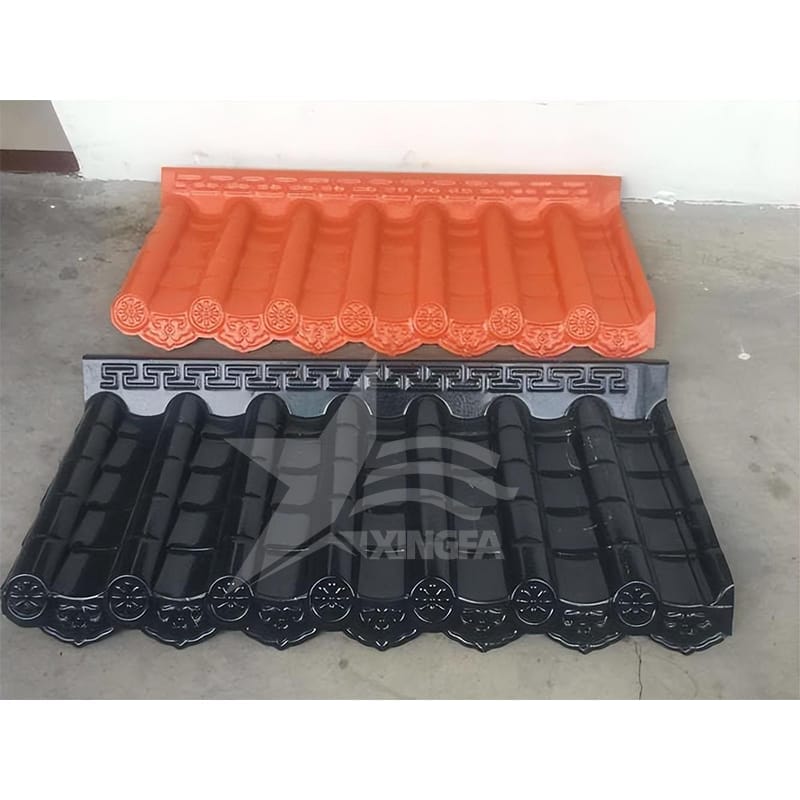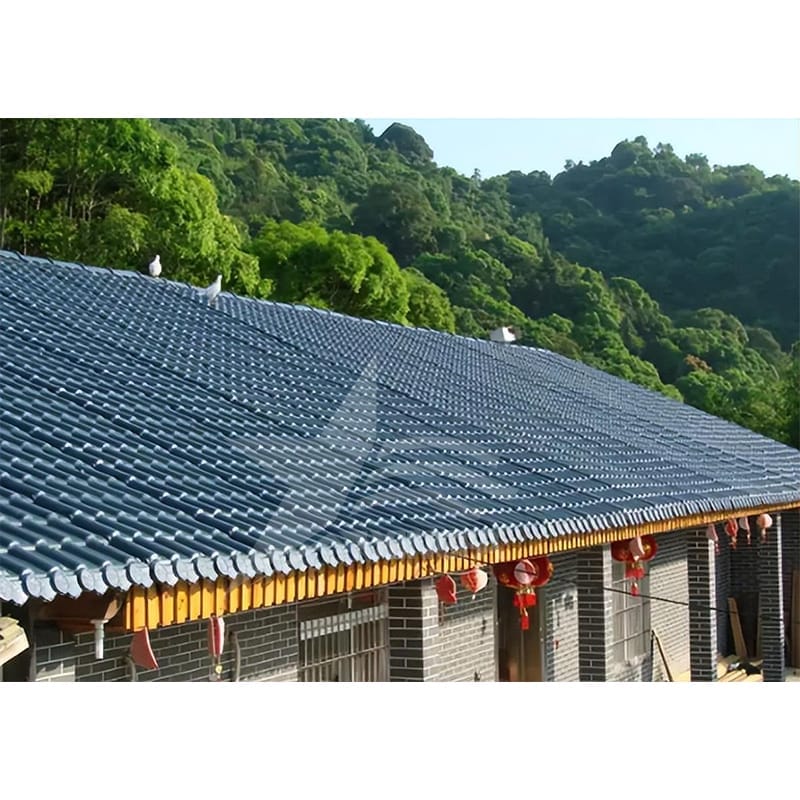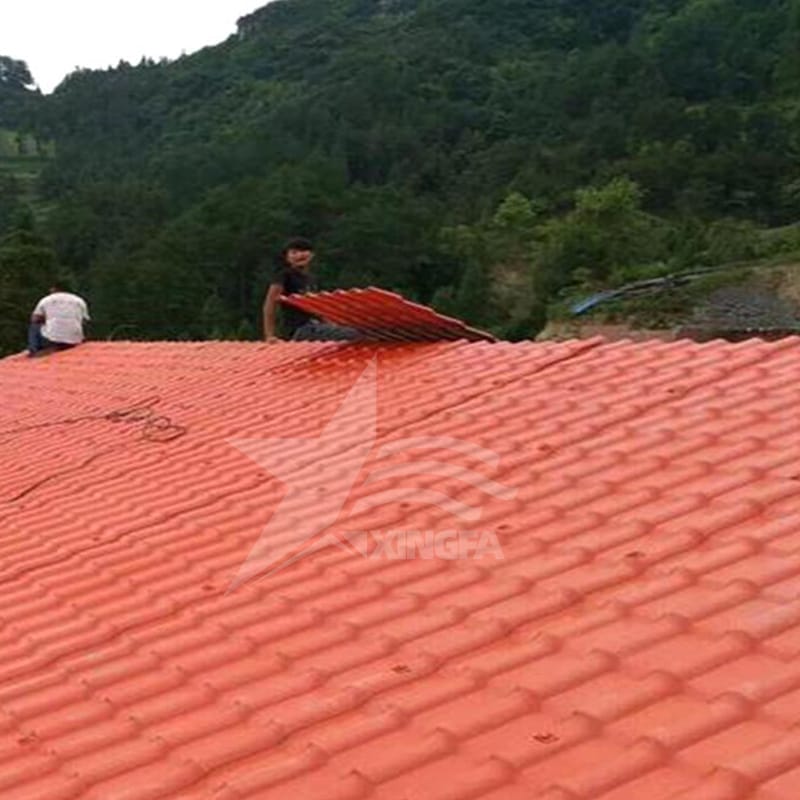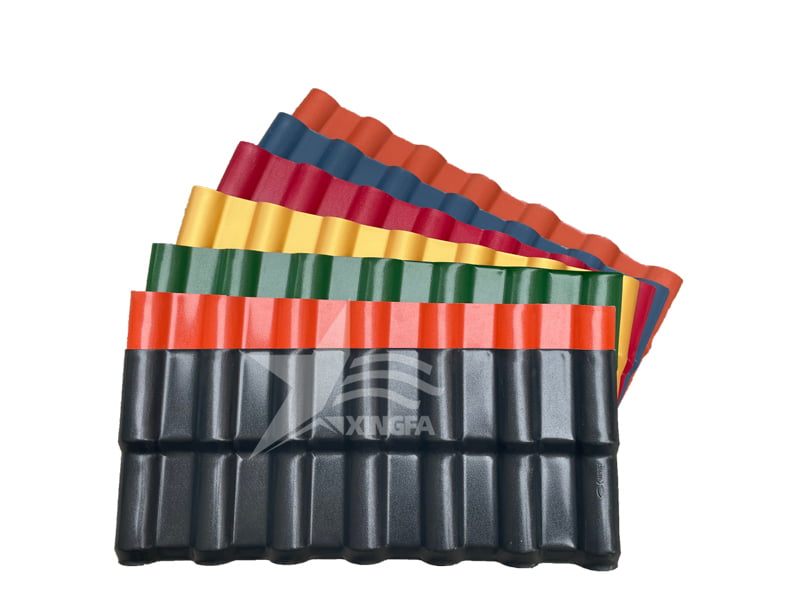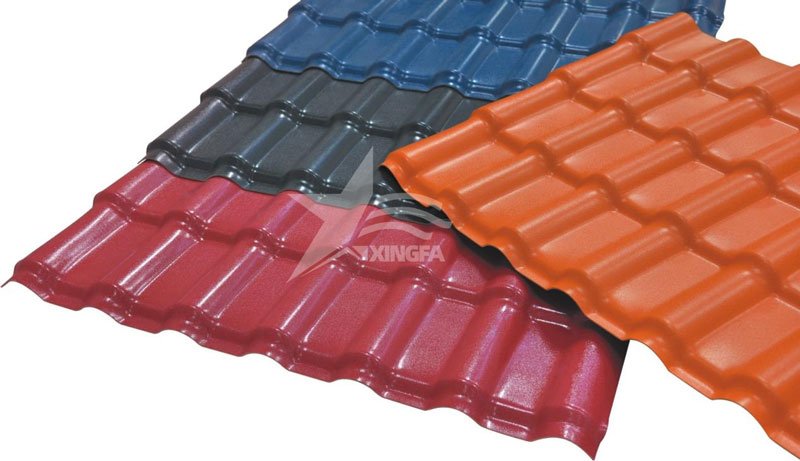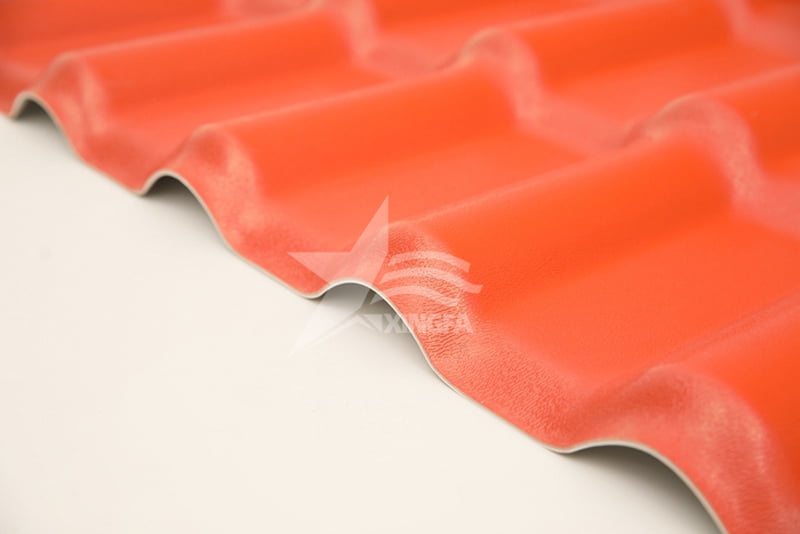In recent years, with the improvement of people’s living tastes and the enhancement of environmental awareness, wooden structures have flourished like mushrooms after the rain on the land of China. From wooden villas that are highly sought after in the market to wooden structure landscapes in tourist attractions and leisure venues, people’s longing to return to nature and enjoy a peaceful living environment has never ceased. However, in order to ensure the quality of wooden houses, especially their waterproof performance, we have raised higher requirements for wooden structure buildings.
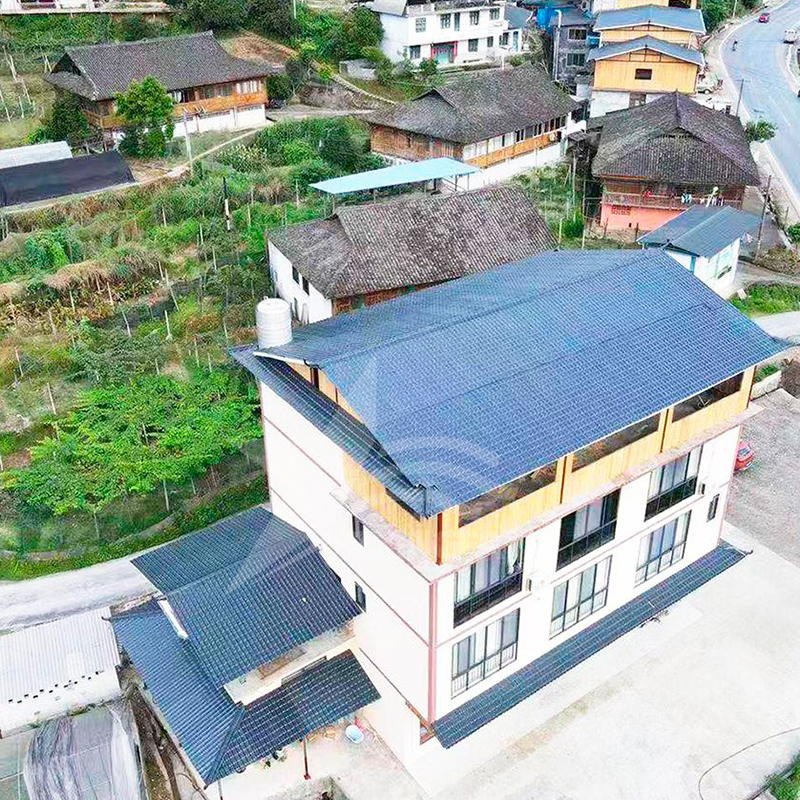
In the past, wooden house constructions often used asphalt tiles as roofing materials. However, in recent years of use, we have gradually discovered some problems with asphalt tiles. Firstly, asphalt tiles are prone to aging and typically last only about 5 years, unless the climate conditions are ideal. There are few suppliers of asphalt tiles that meet national standards, and those that can achieve a lifespan of 25-35 years are even rarer. Secondly, asphalt tiles need to be installed by bonding and nailing. On wooden board roofs, asphalt tiles bonded and nailed can withstand a certain amount of wind force, but on cast-in-place concrete roofs, due to the difficulty of fixing nails, they mainly rely on bonding. However, in cases where the bonding is not strong or the glue fails, they are easily blown off by strong winds. Thirdly, asphalt tiles have poor fire resistance.

With the widespread application of synthetic resin tiles in the market, more and more wooden house manufacturers are starting to use synthetic resin tiles as roofing materials for integrated wooden house structures, mainly because synthetic resin tiles have irreplaceable advantages. Synthetic resin tiles use high-weather-resistant engineering resin (ASA) as the surface material of the tiles. This highly weather-resistant resin is very suitable for outdoor use and has excellent durability in natural environments. Even when exposed to long-term ultraviolet light, moisture, heat, cold, and impact, it can still maintain stable color and physical performance. Synthetic resin tiles have many excellent characteristics such as lightweight, recyclable, high strength, waterproof, moisture-proof, anti-corrosion, flame-retardant, soundproof, and heat-insulating properties, which are irreplaceable by other products for the aesthetics and lifespan of wooden houses.

Therefore, synthetic resin tiles have become the preferred choice of many wooden house manufacturers, meeting people’s high requirements for the quality and waterproof performance of wooden houses. Synthetic resin tiles not only provide a reliable waterproof layer for wooden houses but also offer multiple advantages such as aesthetics, durability, and flame resistance, creating a comfortable and environmentally friendly living environment for people.

